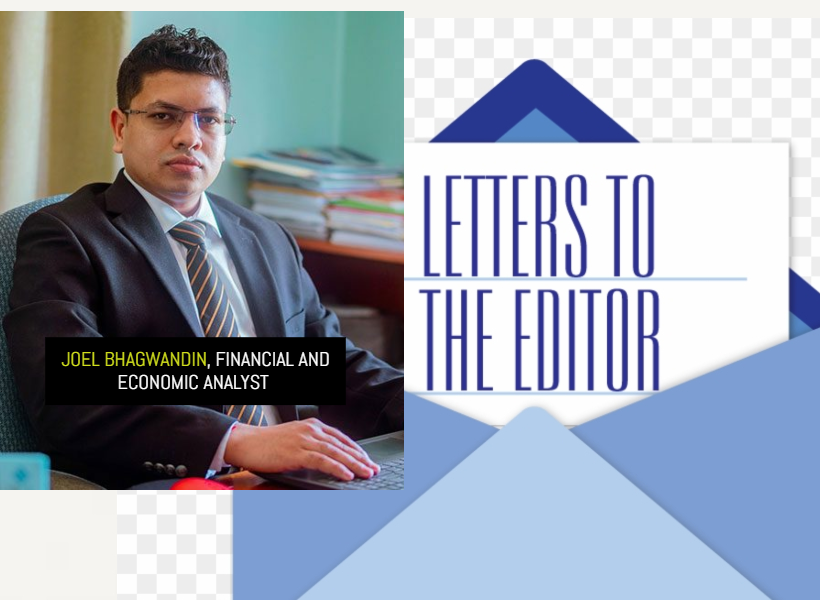Dear Editor,
His Excellency, Dr. Mohamed Irfaan Ali, President of the Cooperative Republic of Guyana, must be commended for his stewardship of the economy. This is reflected in the mid-year report for 2023 and the International Monetary Fund’s (IMF) staff concluding statement of the 2023 Article IV Mission. All of the sectors recorded positive growth for the first half of the year, and outperforming the growth recorded for the corresponding period, except for the agriculture sector which recorded a lower positive output compared to the corresponding period.
The IMF mission lauded the government for the continued rapid growth, supported by the government’s modernization plans, including the unparalleled oil sector expansion. The IMF noted that the outlook for the medium-term growth is better than ever before. Growth in the construction sector and strong public investment may support higher than expected short-term non-oil growth. On the downside, the IMF cautioned that this could lead to inflationary pressures and appreciation of the real exchange rate beyond the level implied by a balanced expansion of the economy, overheating, and the crowding out of the private sector. Adverse climate shocks, and volatile lower than projected commodity prices, may also negatively impact the economy.
However, it should be noted that the downside risks are always present, but now amplified with the rapid growth of the economy. In this regard, the careful management and fiscal discipline exercised by the government, which were cited by the IMF staff, have so far led to the minimization of these risks.
Of note, the IMF 2023 mission has commended the government for positive strides made in several aspects of the governance framework. These include: Progress made in strengthening the AML/CFT, governance, anti-corruption frameworks and support further advances in their effective implementation;
progress in strengthening the management of the oil wealth and its fiscal transparency; the government’s climate efforts (the LCDS); efforts to modernize official statistics, which the IMF is supporting through capacity development; and efforts to improve the business climate, and address labor shortages.
Under consecutive PPP/C governments, Guyana remains an interesting case study and country of interest to the IMF. The 2023 report is indisputably one of the best positive country assessments Guyana has ever received from an international financial institution. This is on account of the tirelessly hard work by the government, the policies, programs, and development agenda being pursued by the government.
Historically, when Guyana was a bankrupt state, it was the IMF’s economic reform programme that aided the country’s economic recovery. Following this, in just over a decade (by 2006), Guyana exited the IMF programme because it had attained economic stability by then. To achieve economic stability from a state of bankruptcy in such a short period is not an ordinary achievement. There are many countries that had sovereign debt crises in the late 80s and early 90s, like Guyana, and many of those countries still haven’t recovered to a state of economic stability three-decades later.
Yours respectfully,
Joel Bhagwandin













